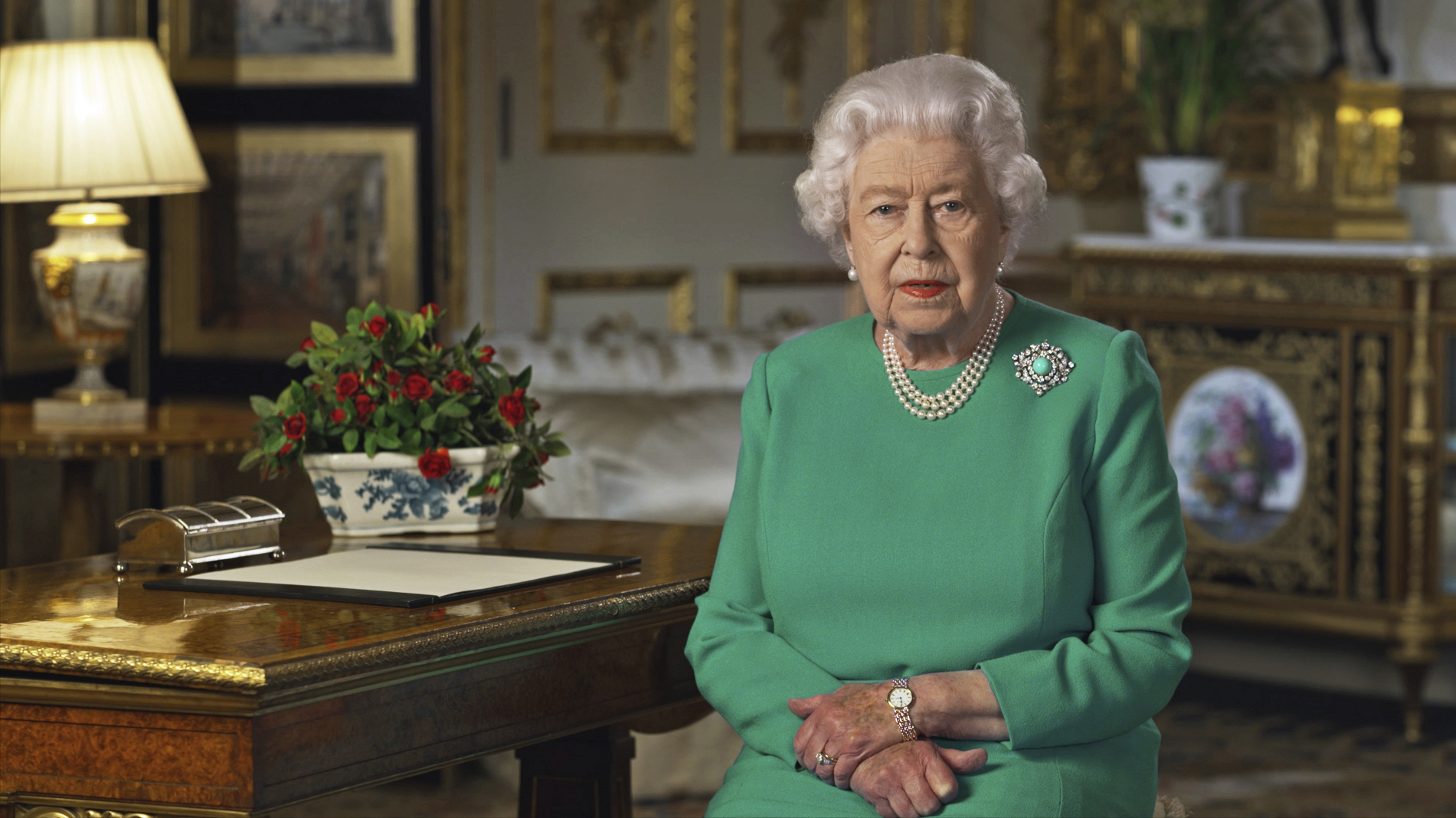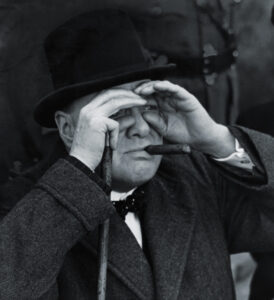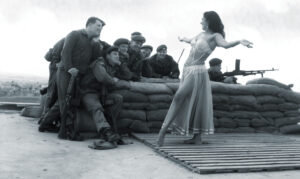In a personal address to the nation last Sunday—only her fifth such rallying message during her 68-year reign—Queen Elizabeth II, too, invoked warlike-language, but unlike other world leaders, she spoke from personal history.
As of late, there have been many militaristic references in connection to combating Covid-19. President Donald Trump recently referred to himself as a “wartime” president; Vice Admiral Jerome Adams told Fox News that the next few weeks of April “is going to be our 9/11 moment, our Pearl Harbor moment”; and Prime Minister Boris Johnson, currently fighting the deadly virus, previously stated that those in power in Britain “must act like any wartime government” in order to “win the fight.”
The Queen, speaking from a pre-recorded message shot at Windsor Castle, relayed her own experiences from World War II to rally the nation.
Her Majesty The Queen addresses the UK and the Commonwealth in a special broadcast recorded at Windsor Castle. pic.twitter.com/HjO1uiV1Tm
— The Royal Family (@RoyalFamily) April 5, 2020
Addressing the painful separations and hardships many families are currently facing, the Queen said, “It reminds me of the very first broadcast I made, in 1940, helped by my sister. We, as children, spoke from here at Windsor to children who had been evacuated from their homes and sent away for their own safety” during the Blitz.
Adding, “today, once again, many will feel a painful sense of separation from their loved ones.”
Within the first few days of World War II breaking out, some 1.5 million children were evacuated in towns and cities across Britain and sent to rural locations around the country. When the expected bombing raids failed to materialize by the end of 1939, many parents brought their children home. However, over the course of six years the evacuations continued in waves—with the future queen and her sister among those evacuated—as German bombs mercilessly rained down on Britain between the years of 1940 and 1941, and once again in 1944 with the feared V-2 missile attacks.
And while the enemy no longer strafes down from the sky, Britain and the world face a fight that is just as threatening.
Appealing to Britons to invoke the “attributes of self-discipline, of quiet good-humoured resolve, and of fellow-feeling [that] still characterise this country,” the Queen recognized the disruption and grief Covid-19 has wrought.
Like Britain’s famed orator and prime minister, Winston Churchill, the Queen called upon the British to remember their nation’s history and that “the pride in who we are is not a part of our past, it defines our present and our future.”
The Queen’s rare address comes as cases of Covid-19 top 1.5 million worldwide and the UK government, in the wake of more than 4,000 Coronavirus-related deaths, prepares to extend the national lockdown.
Like Churchill who declared, “victory at all costs, victory in spite of all terror, victory, however long and hard the road may be,” the Queen’s message meant to instill a sense of patriotism and historical perspective.
She ended with, “We will succeed.”





